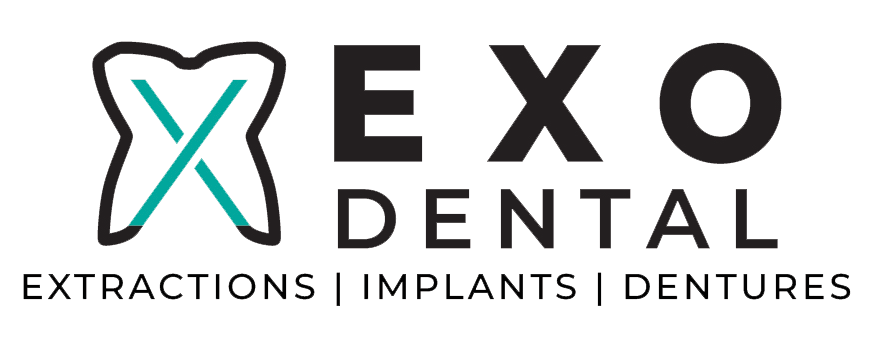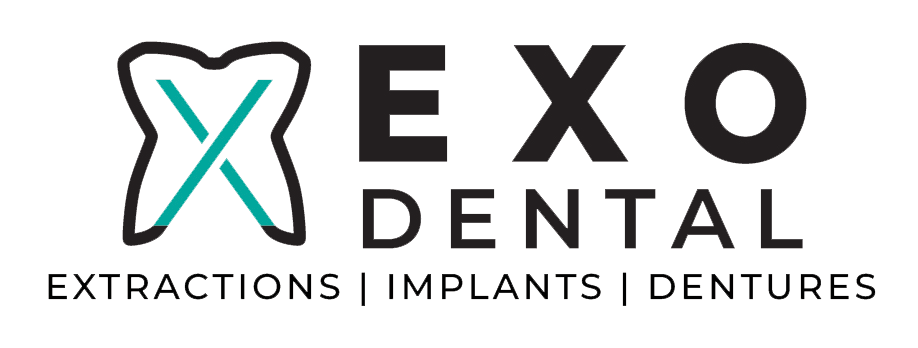What to Do After a Tooth Extraction: Care Tips
After getting a tooth pulled, taking care of your mouth is really important to make sure everything heals right. Tooth extractions can leave your mouth feeling tender and uncomfortable, but following the right steps can help speed up your recovery and reduce pain. Whether it is a wisdom tooth or another type of extraction, each situation requires specific attention to ensure a smooth healing process.
Knowing how to manage things like swelling and discomfort will also help you feel more comfortable. This guide will walk you through the best ways to care for your mouth after an extraction. We'll cover how to manage bleeding, what foods you should stick to, and which oral hygiene practices to adopt during recovery. Understanding these steps will help you get back to your normal routine without complications. Feeling informed and prepared will ease your mind and help you handle this healing stage with confidence.
Immediate Post-Extraction Care
Managing Bleeding and Swelling
Right after your tooth is extracted, your mouth will likely bleed, and this is completely normal. To help stop the bleeding, your dentist will give you a piece of gauze to bite down on. It’s important to apply firm pressure by gently biting on the gauze for about 30 to 45 minutes. If the bleeding continues, you can place a new piece of gauze and bite down again. Avoid vigorous rinsing or spitting to keep the clot in place, as it's critical for healing.
Swelling can occur in the first 24 hours and can be managed by applying a cold pack or ice pack outside your cheek. Leave the ice pack on for 15-minute intervals with 15 minutes of rest between applications. This routine can help reduce puffiness and bring down swelling. Keeping your head elevated with pillows while resting can also manage swelling and reduce bleeding.
Pain Relief and Medication
Discomfort after an extraction is common. To manage pain, use the medication prescribed by your dentist. If over-the-counter pain relief is recommended, choose options like ibuprofen or acetaminophen. Take medicine as directed and do not exceed the recommended dosage.
Aside from medications, some people find relief using natural methods such as resting or meditating. Relaxing activities can help distract you from discomfort and aid in your overall recovery. Avoiding physical exertion for a few days will allow your body to focus on healing the extraction site properly.
Foods and Drinks to Avoid
List of Recommended Foods
After a tooth extraction, choosing the right foods can make a big difference in how you feel. Soft foods are easiest to eat and won't irritate the area. Here are some foods you might try:
- Applesauce: Easy to swallow and gentle on the gums.
- Yogurt: Provides protein and nutrients without needing to chew.
- Mashed potatoes: Filling and soft enough for sensitive mouths.
- Broth-based soups: Nutritious and soothing.
- Smoothies: Just make sure to use a spoon and avoid straws.
List of Foods and Drinks to Avoid
While soft foods are helpful, certain foods and drinks can cause problems in your recovery. Here's a list of what you should steer clear of:
- Crunchy foods: Chips and popcorn can get stuck in the extraction site.
- Sticky foods: Items like caramel can disrupt the healing clot.
- Hot drinks: Coffee and tea can dislodge the blood clot, leading to complications.
- Alcohol: Avoid it as it can interfere with medications and delay healing.
- Soda: Fizzy drinks can irritate your mouth and slow recovery.
Sticking to the right diet after an extraction will help your mouth heal faster and make you more comfortable during the recovery period. This approach prevents issues and ensures your mouth is on the path to healing well.
Oral Hygiene Tips After Extraction
Gentle Brushing Techniques
Caring for your teeth after an extraction includes continuing to brush your teeth, but with care. For the first day or so, avoid brushing near the extraction site to prevent disturbing the blood clot. After the initial period, you can start brushing more carefully. Use a soft-bristled toothbrush and avoid vigorous brushing. Instead, gently clean the surrounding teeth to remove plaque and food particles without irritating the healing area.
Brushing not only keeps your mouth clean but also prevents infection. Brush slowly and make sure not to let the bristles touch the tender spot. If you’re unsure, your dentist can show you the best technique to avoid causing any harm.
Using Saltwater Rinses
Saltwater rinses are simple but effective for keeping your mouth clean and aiding in the healing process. After about 24 hours, you can start rinsing your mouth with a warm saltwater solution. Mix about one teaspoon of salt into a glass of warm water until it dissolves. Swish gently around your mouth, especially the healing area, and spit it out. This can be done two to three times a day, especially after eating.
Saltwater reduces bacteria and helps cleanse the extraction site without the harshness of mouthwash. Make sure the water is not too hot, as this can irritate your gums. Regular rinsing keeps the area clean and can soothe any discomfort.
Monitoring Recovery and When to Seek Help
Signs of Normal Healing
Monitoring your recovery helps you know if everything is healing properly. Some signs indicate normal healing after an extraction, including slight swelling and a minor amount of discomfort that decreases over time. A gradual reduction in swelling and pain shows that healing is on track. You may feel some itching or tingling at the site as new tissue forms. Complete healing may take a few weeks, but your symptoms should improve each day.
Keeping track of these changes is essential. If you're unsure, a follow-up appointment with your dentist can provide additional assurance that healing is proceeding normally.
Warning Signs and When to Contact Your Dentist
While some pain is normal, it's crucial to recognize warning signs that may need a dentist’s attention. Contact your dentist if you experience continuous bleeding, severe pain that doesn't improve, or any pus-like discharge that could indicate an infection. Fever, chills, and increasing swelling should also be reported immediately. These symptoms can point to complications that require professional care.
Getting in touch with your dentist will help address any concerns early and prevent further issues. Timely intervention is necessary to ensure your health and comfort during the healing process.
Moving Forward with Oral Health
After an extraction, following the right steps for care can lead to a better and more comfortable recovery. Knowing how to manage oral hygiene, choose safe foods, and monitor your healing gives you the tools to recover smoothly. Paying attention to your body's signals and acting accordingly ensures that you take the best care of your mouth.
Exo Dental is committed to guiding you through every step of your dental journey. Whether you need advice post-extraction or wish to explore other dental care options like full or partial dentures, we're here to help. Schedule a consultation with us today to learn more about our
affordable tooth extraction services.
Don't hesitate to contact Exo Dental in Rogers to discuss your tooth removal and oral surgery options. Hablamos Español.

